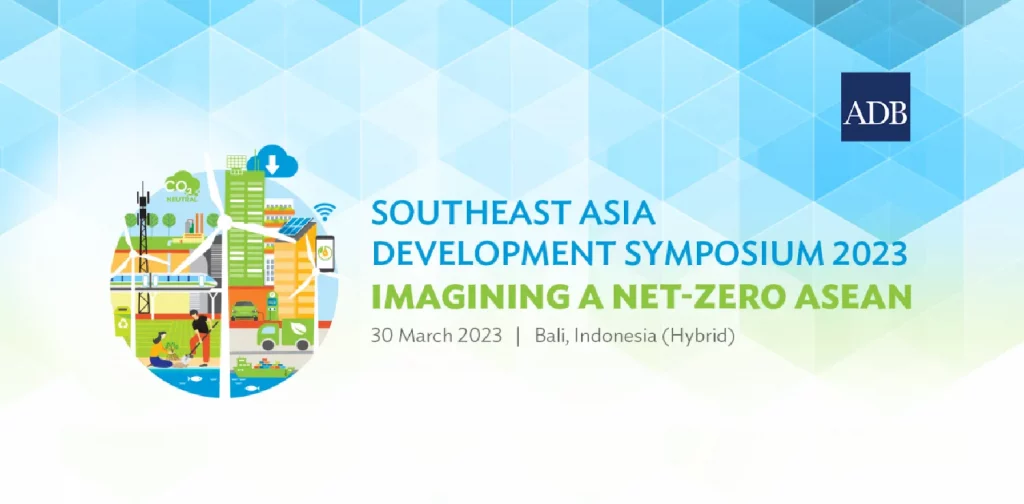Asian Development Bank’s Southeast Asia Development Symposium (SEADS) 2023 examined how the ASEAN region can harness innovative and cost-effective measures to support decarbonization and revitalize economies.
Read this content by joining Green Network Asia - International Annual Individual Membership. Gain unlimited online access to all news and stories that showcase insights on sustainable development from multi-stakeholders in governments, businesses, and civil society in the Asia Pacific and beyond.
Login Join Now
